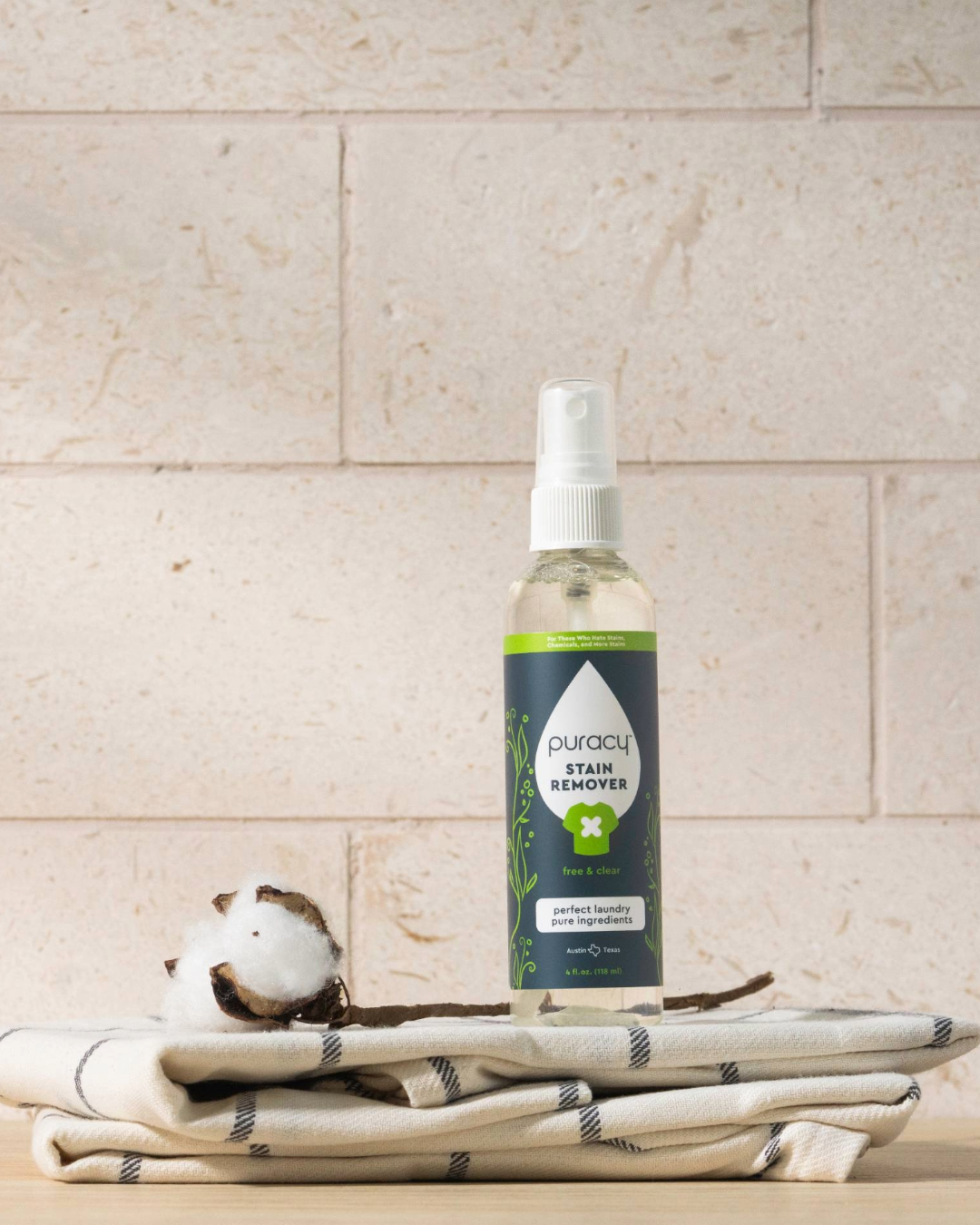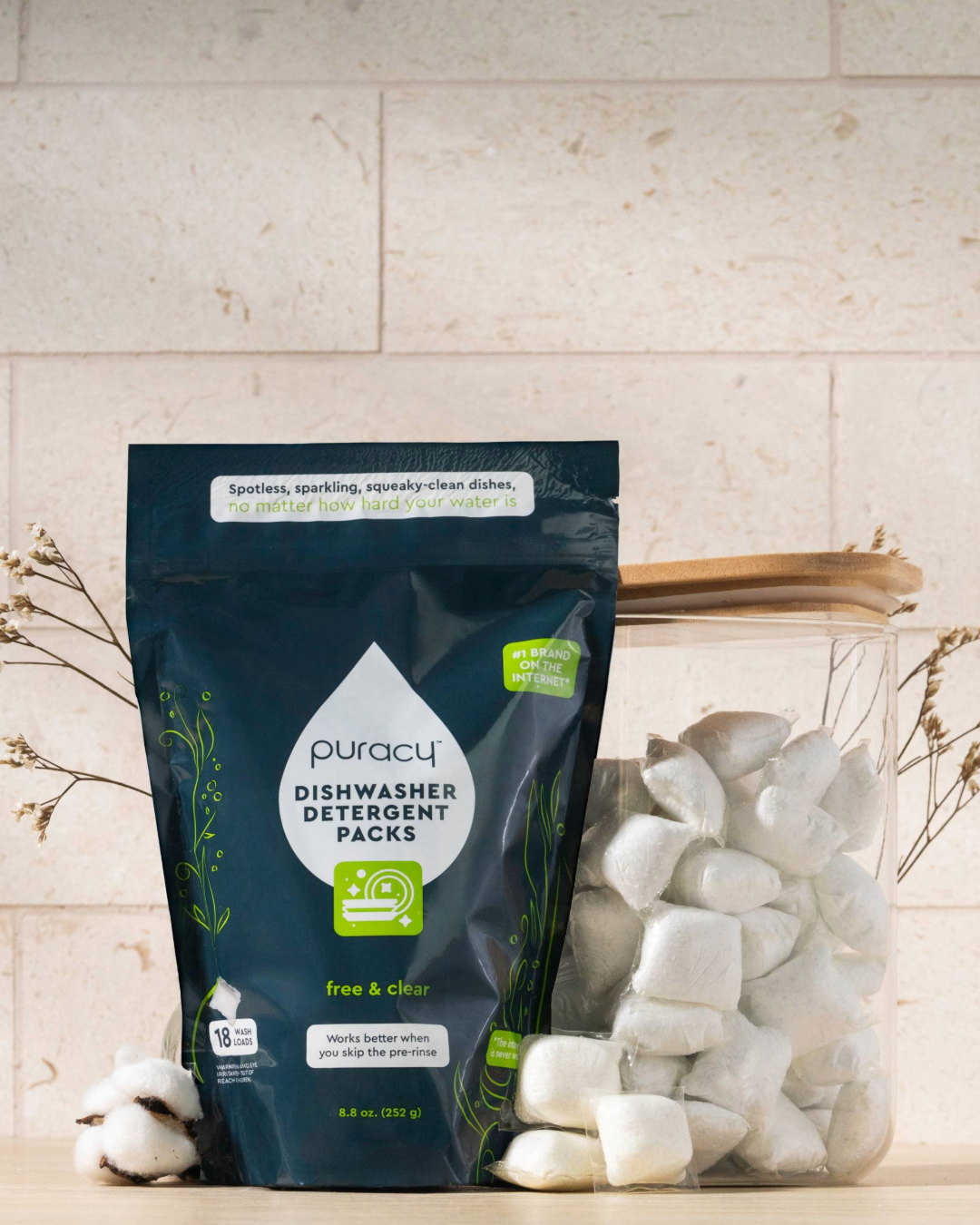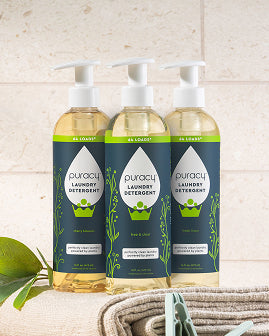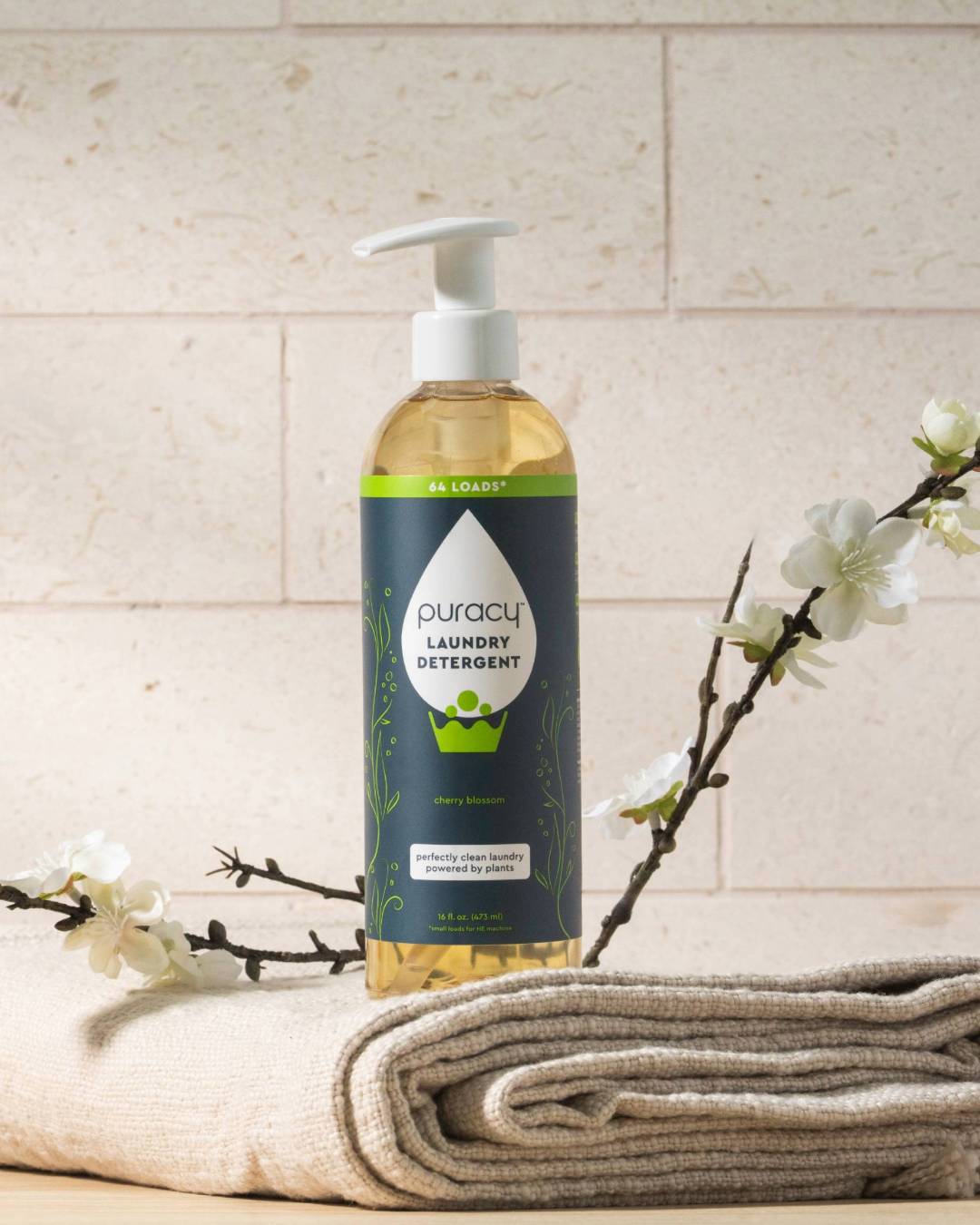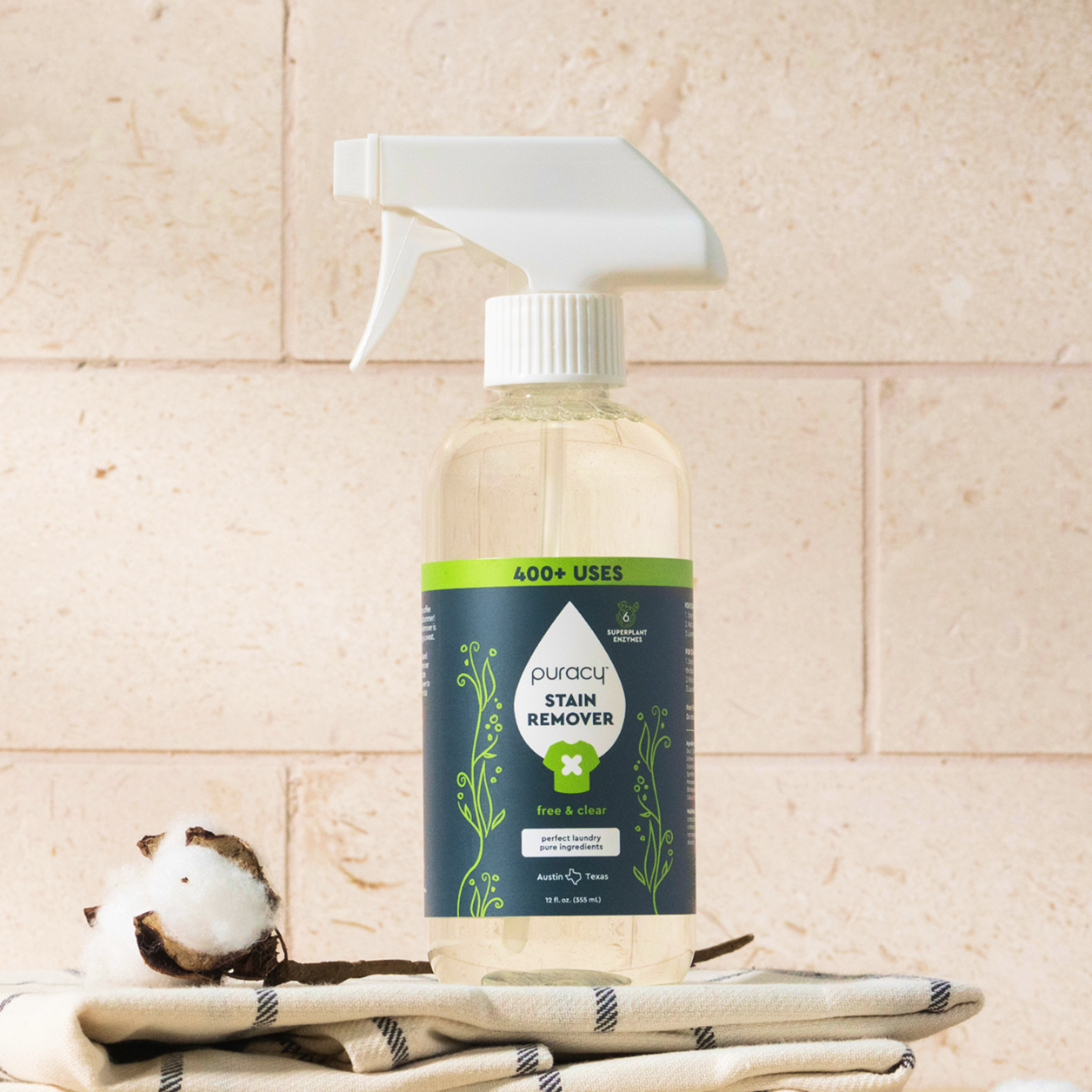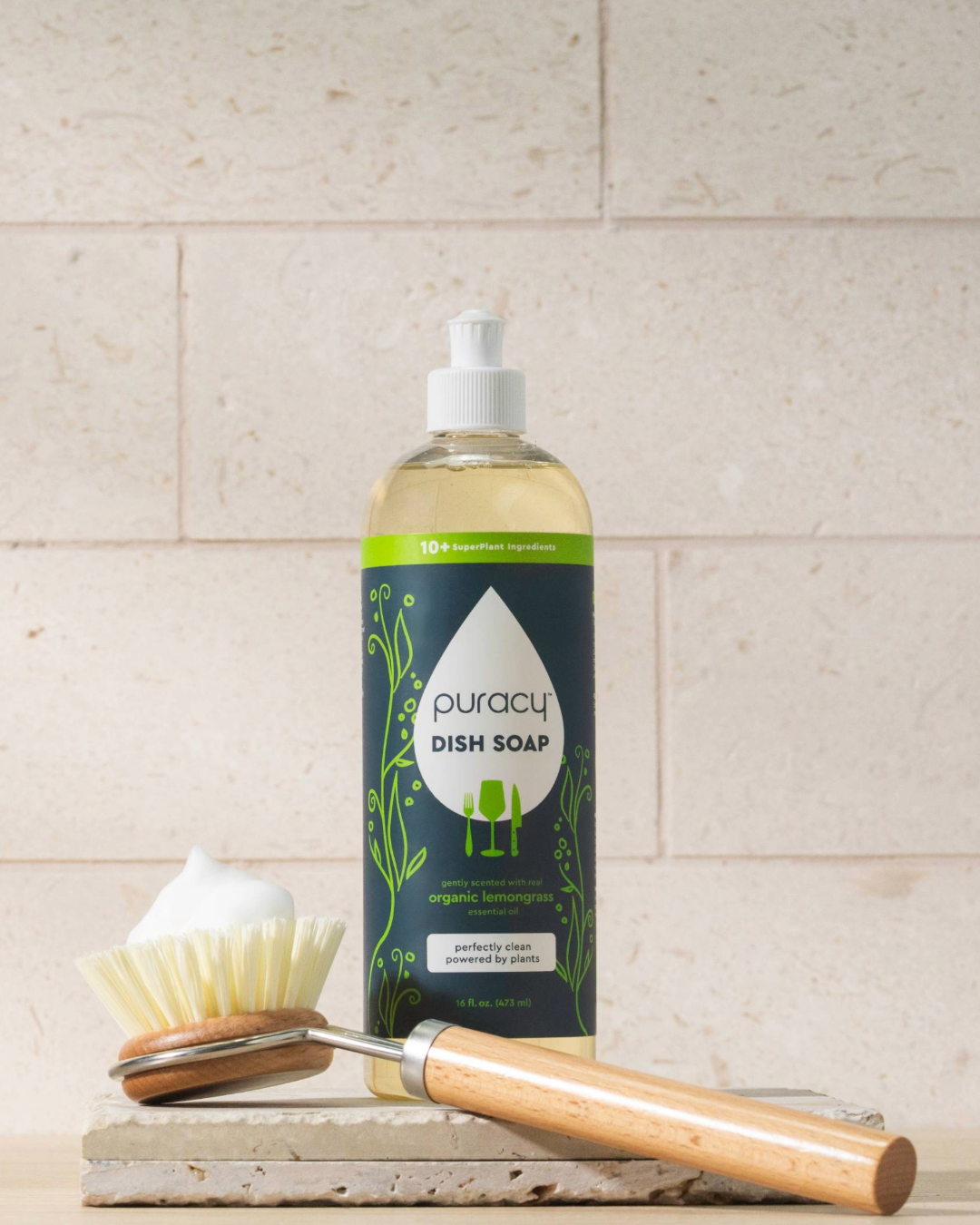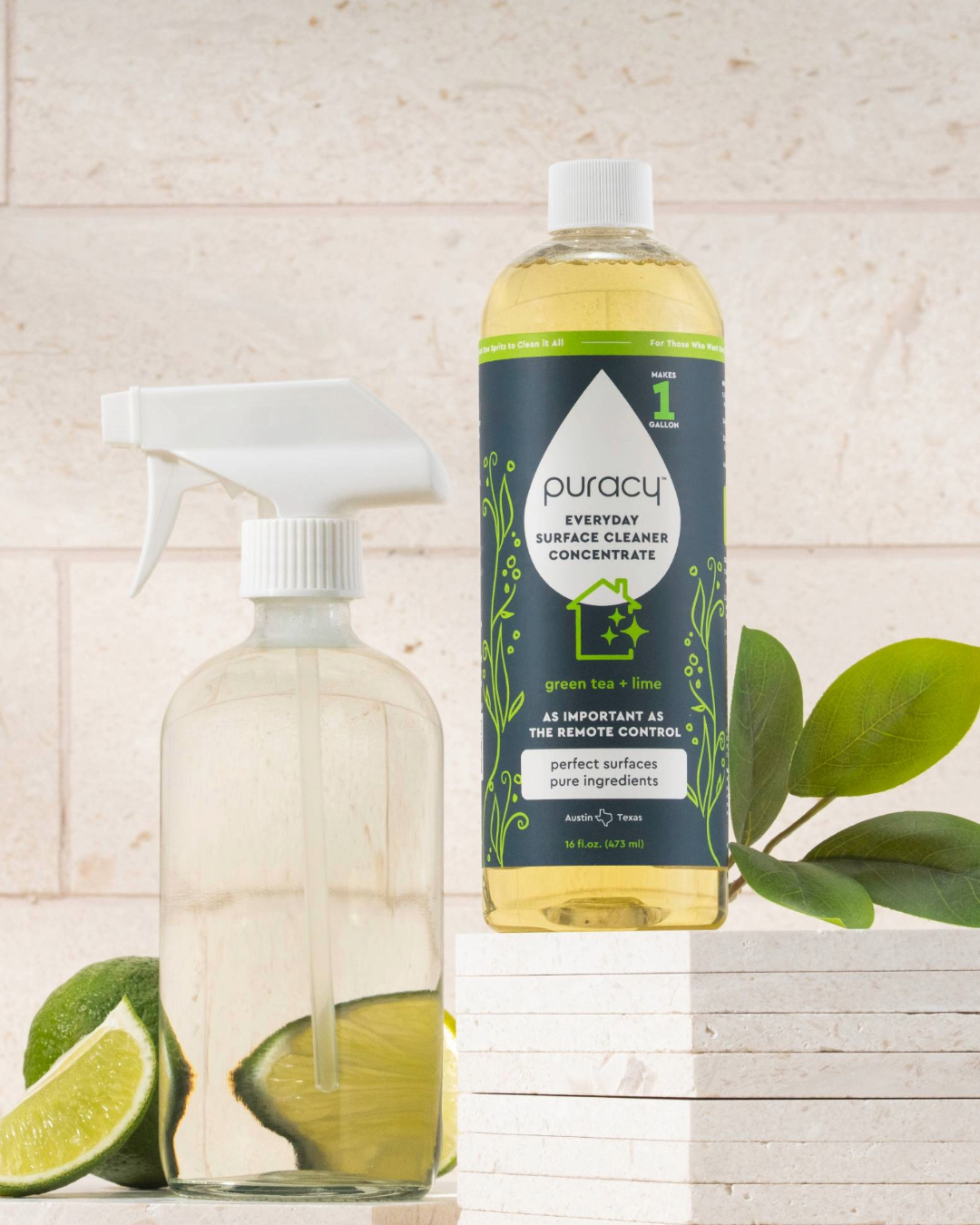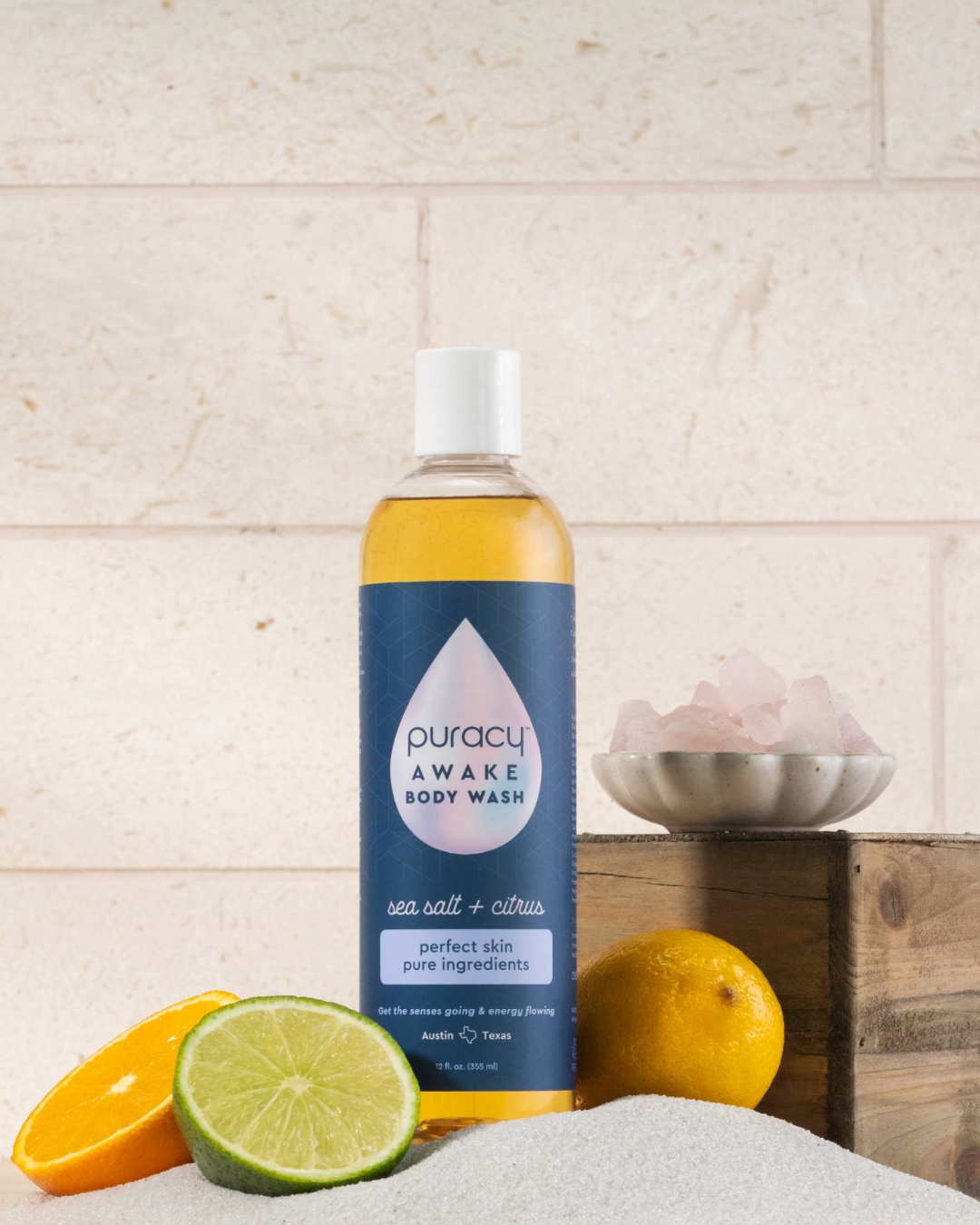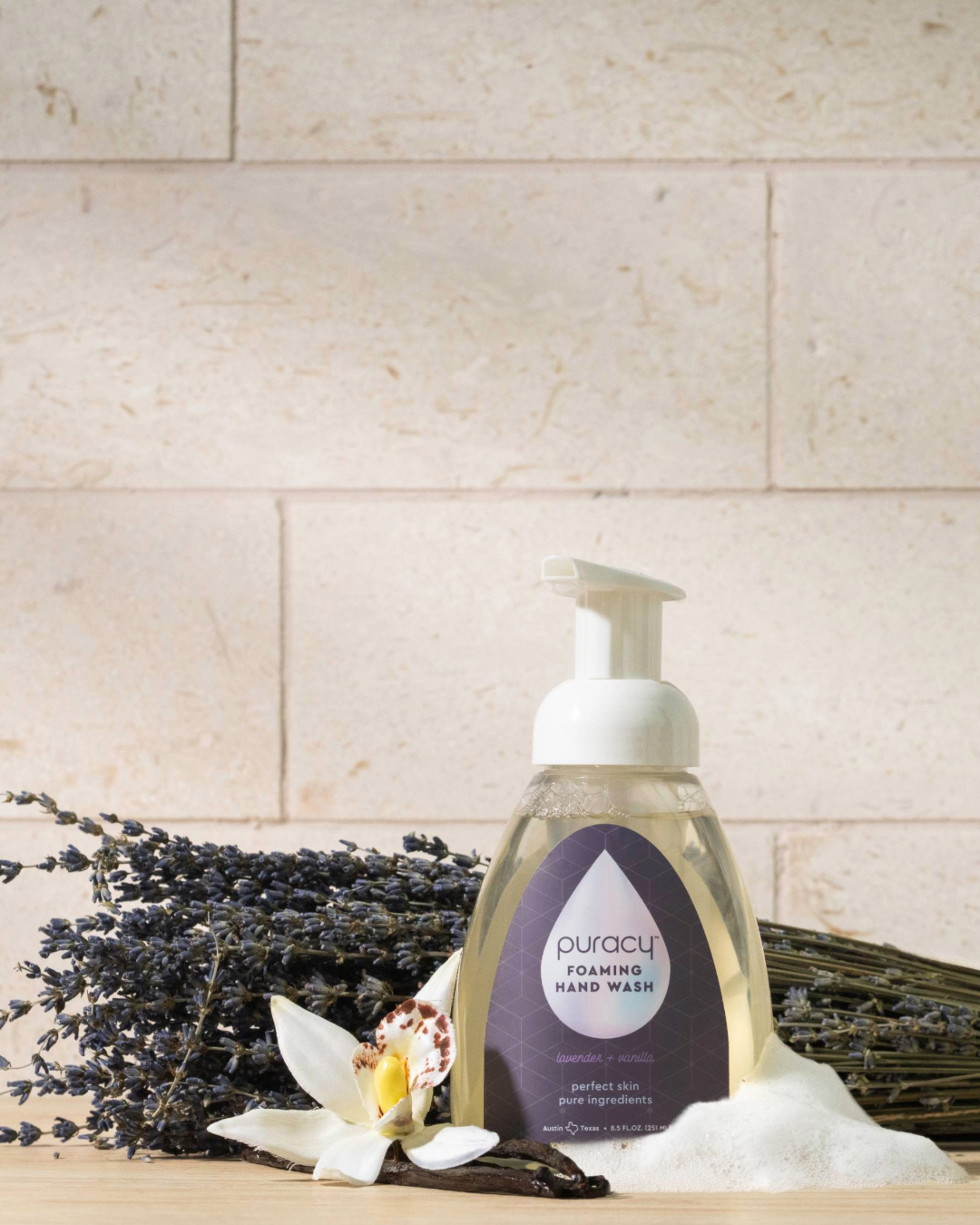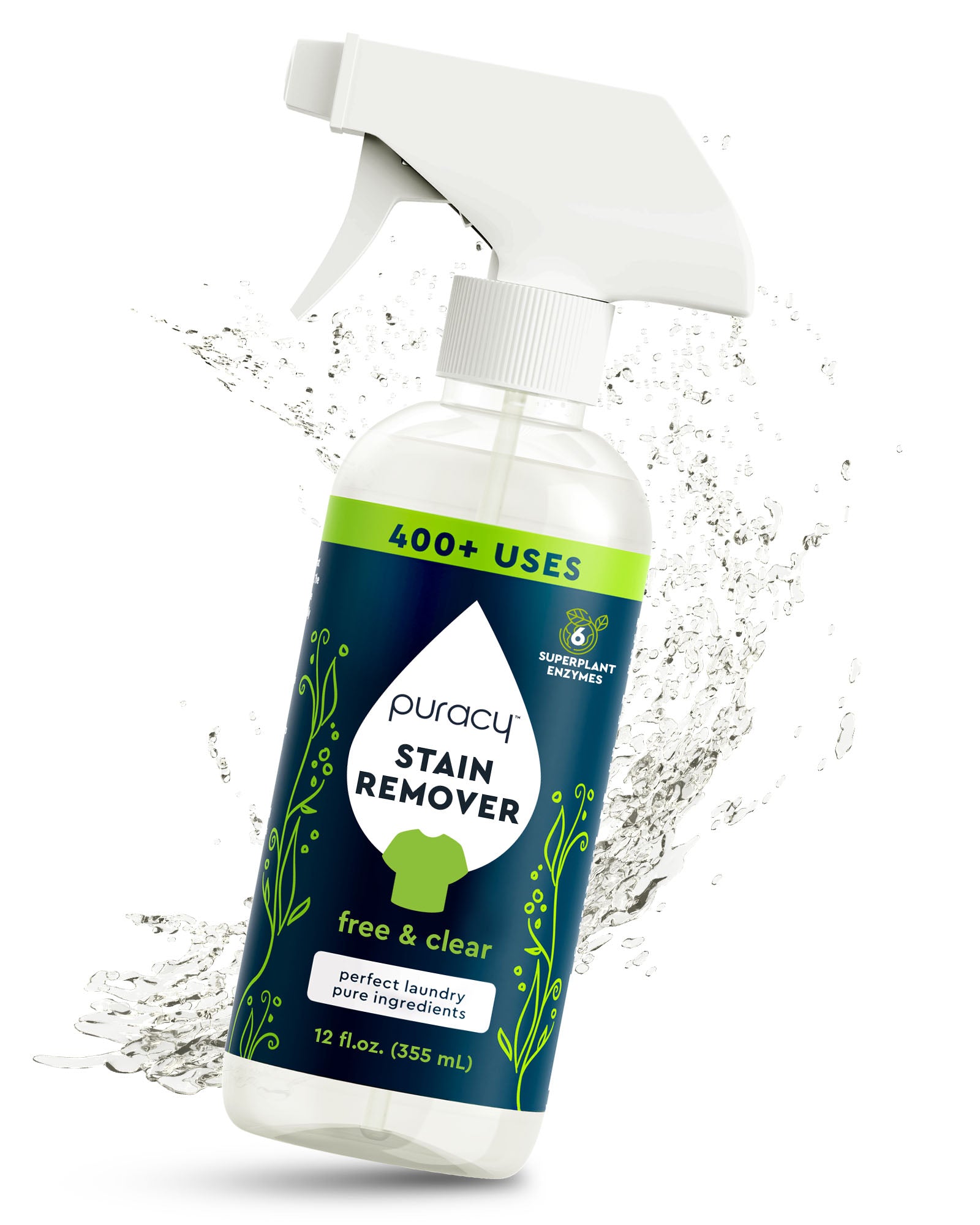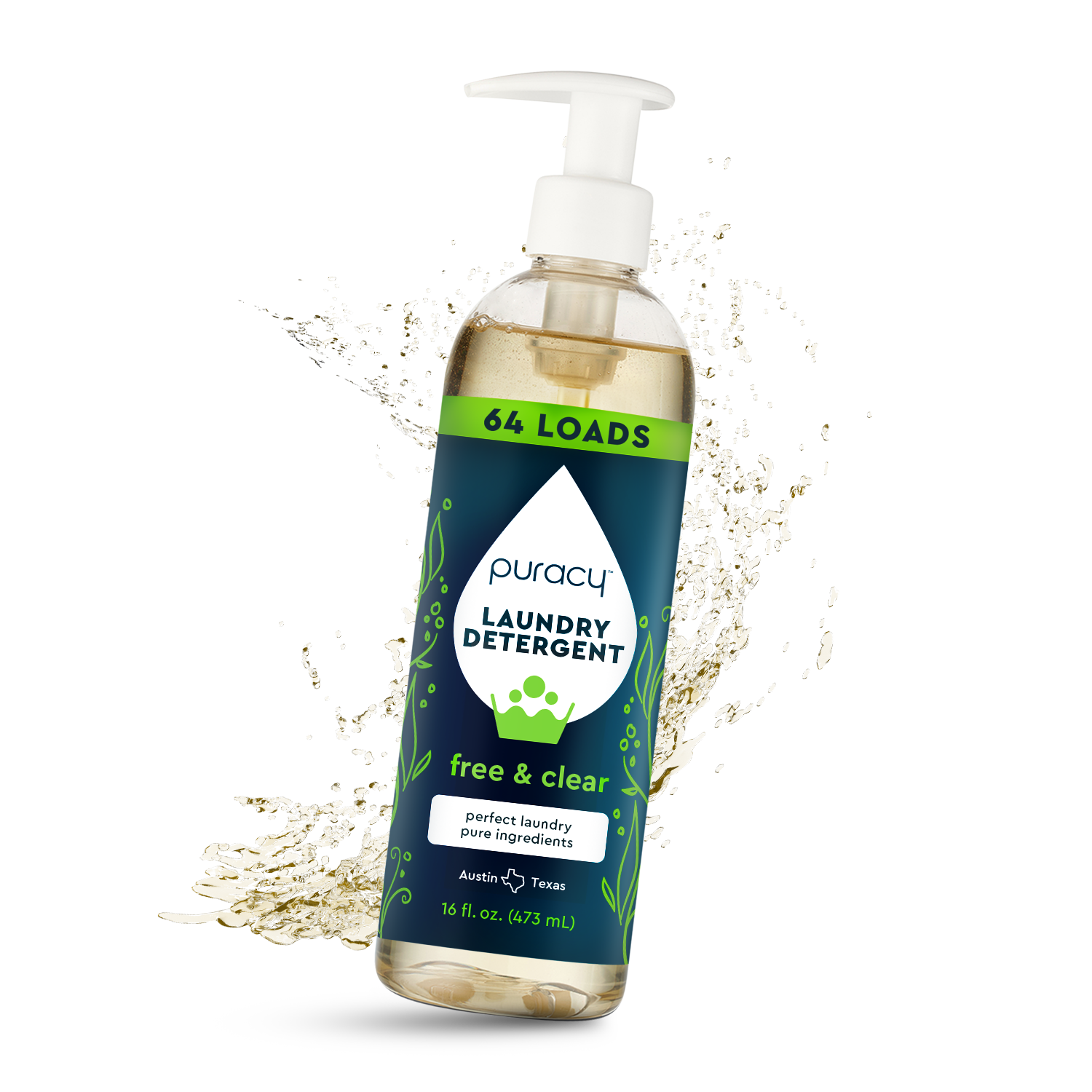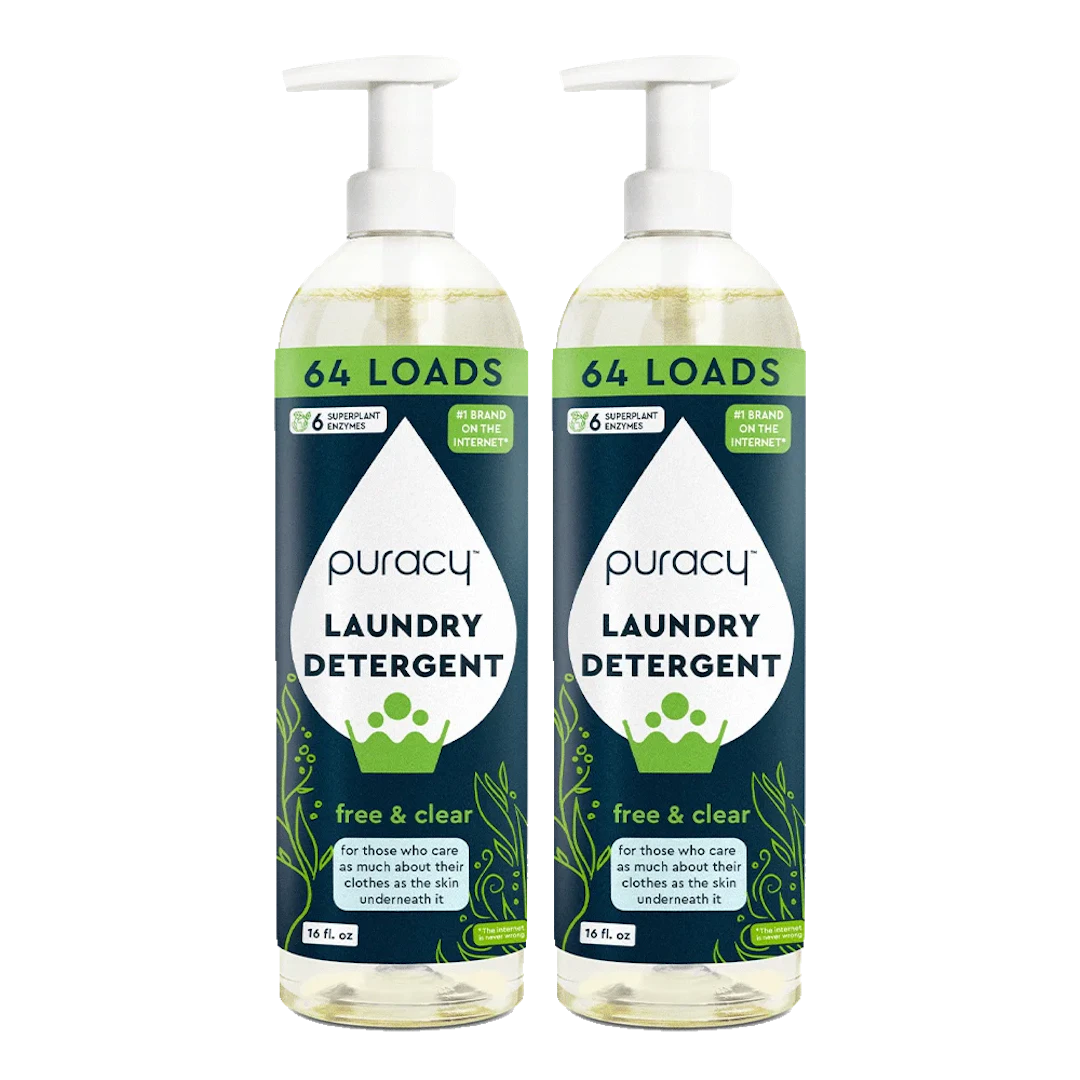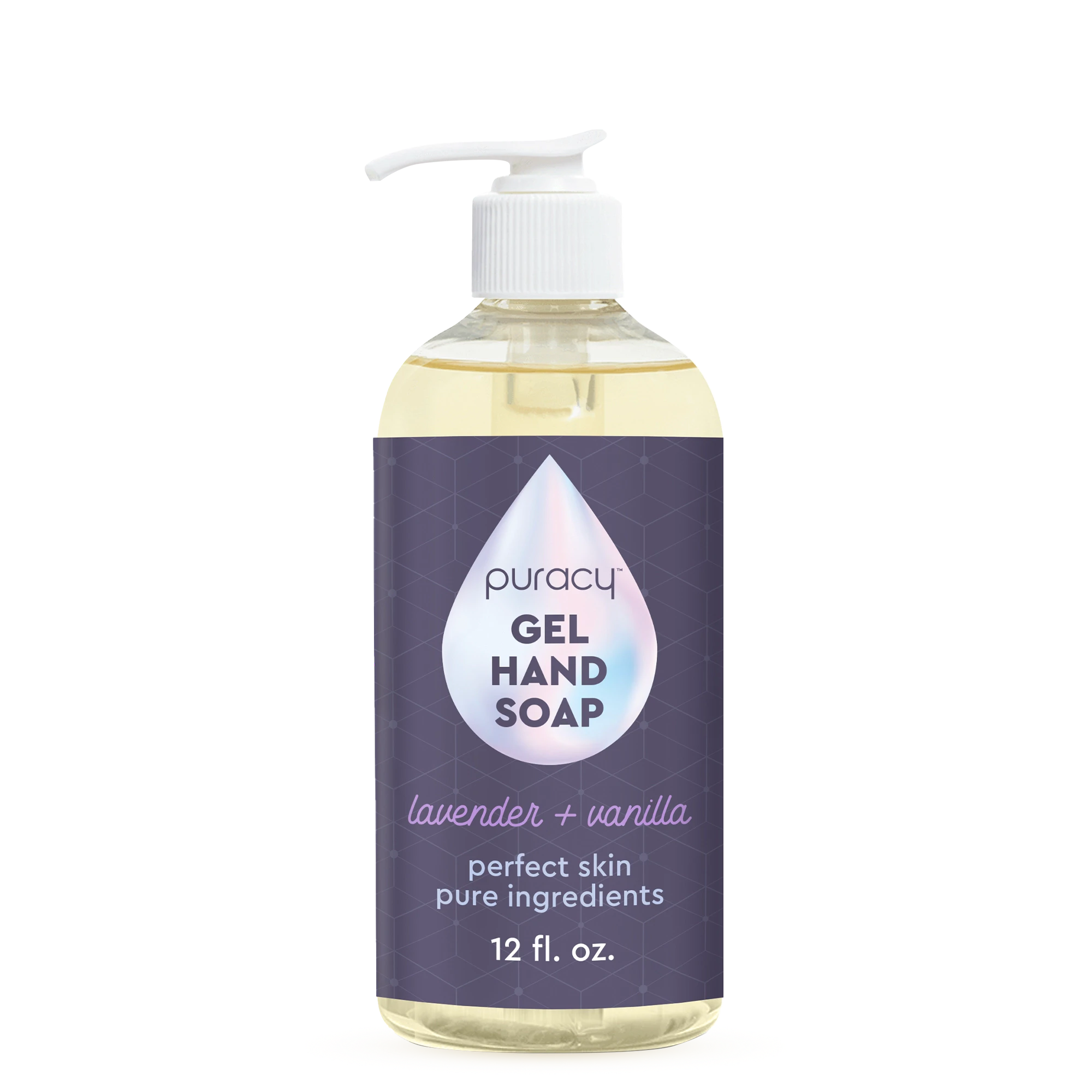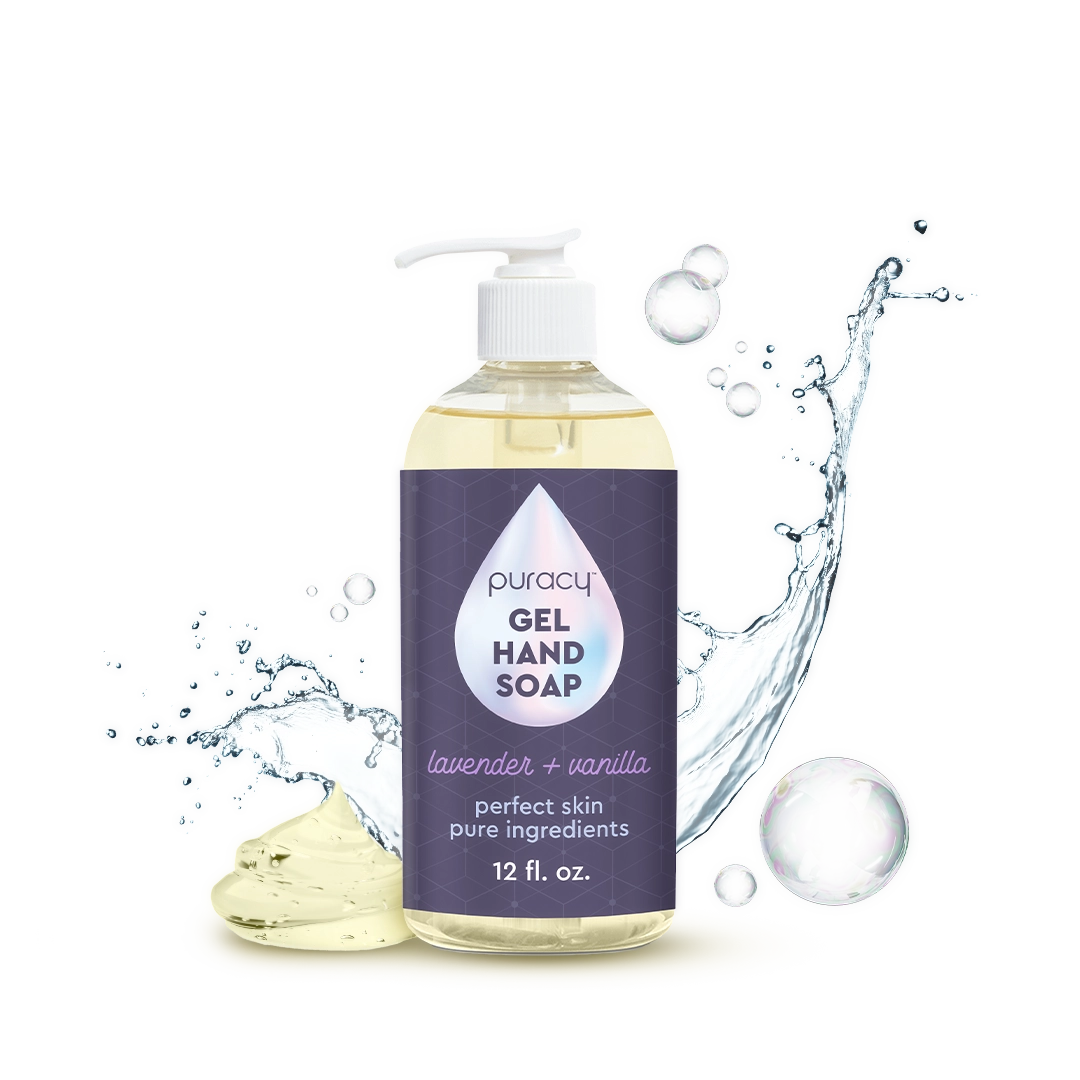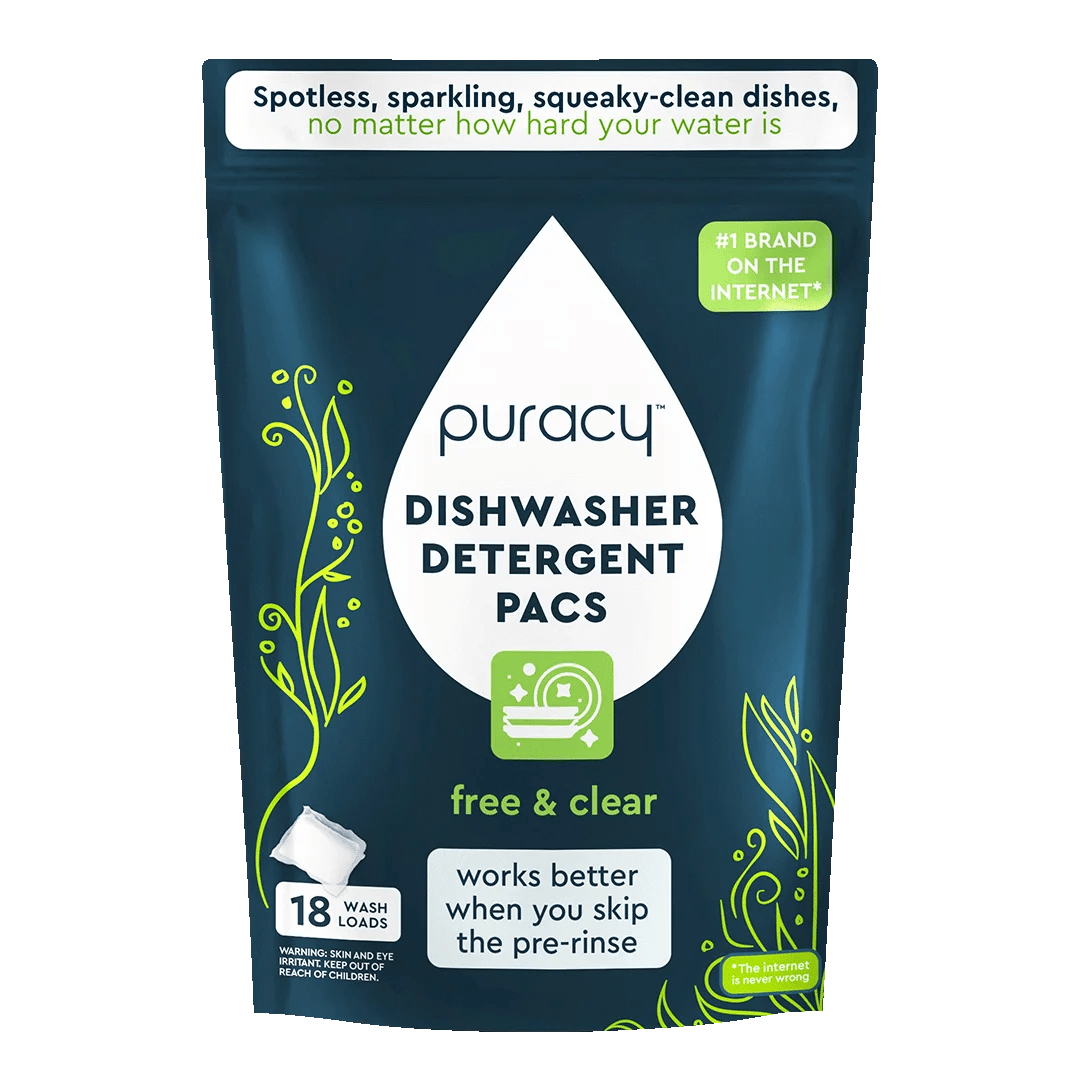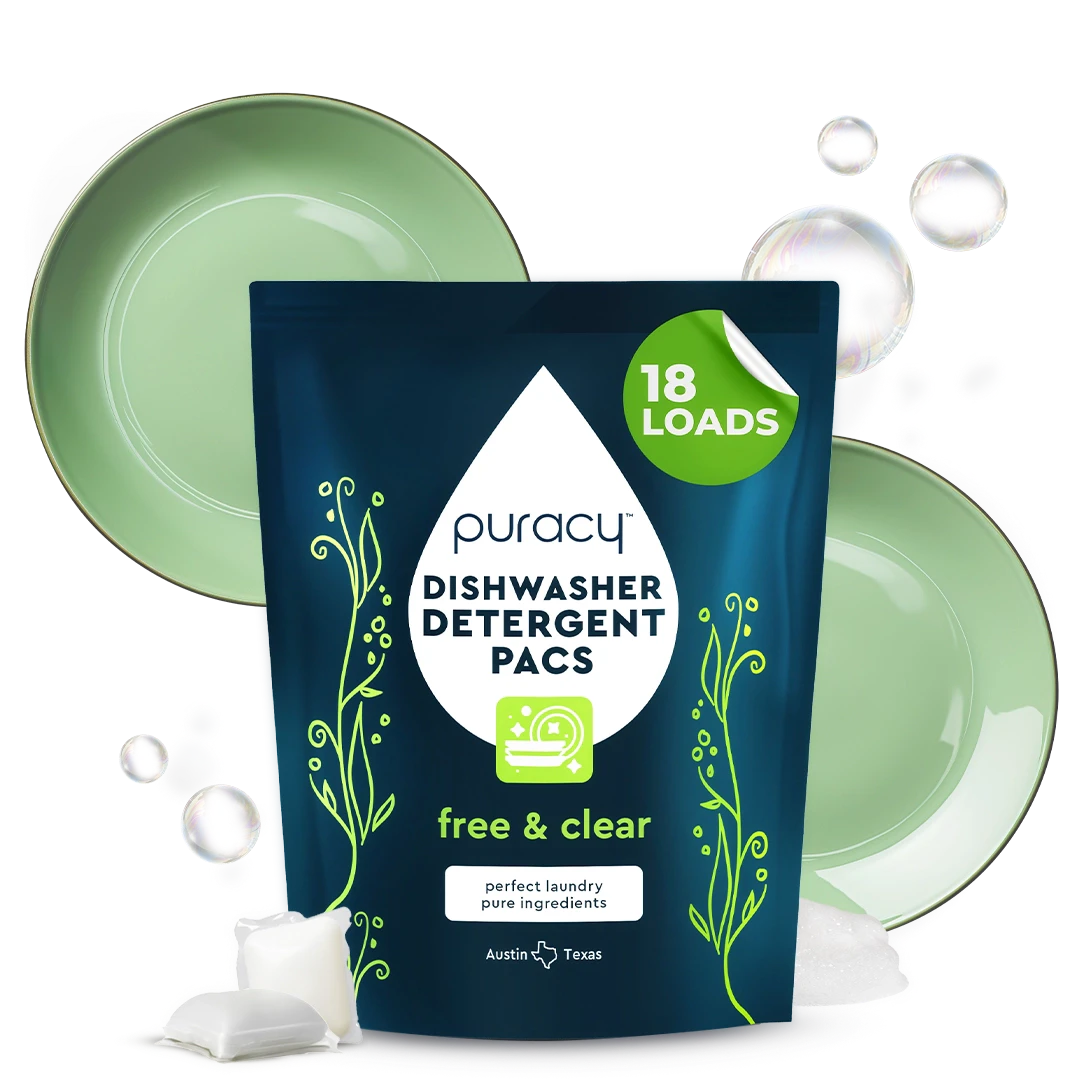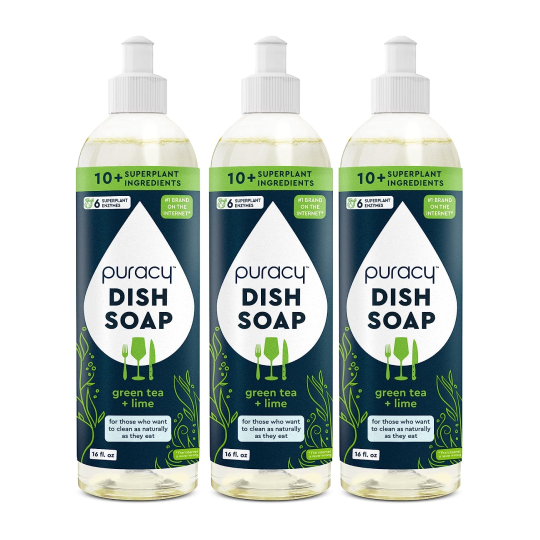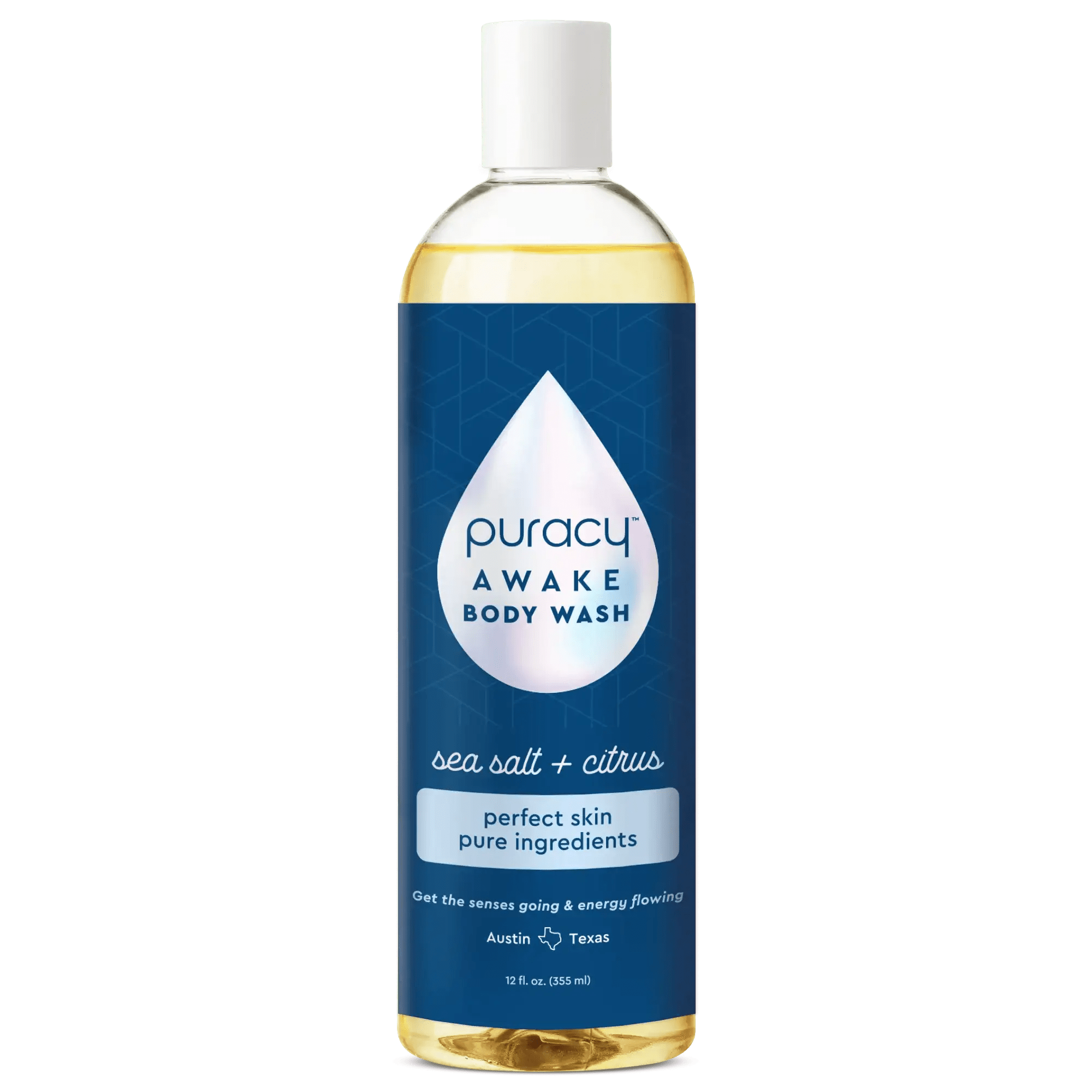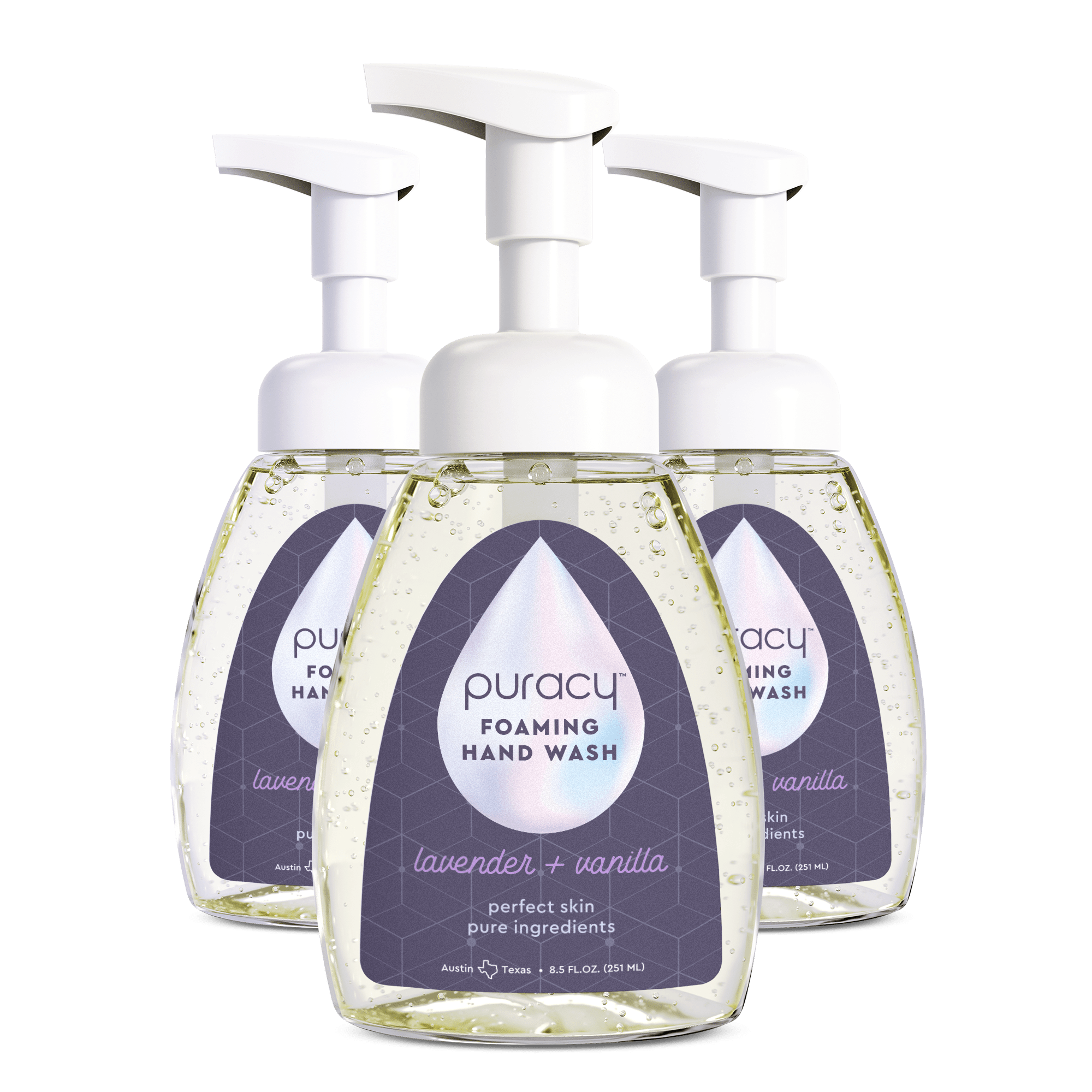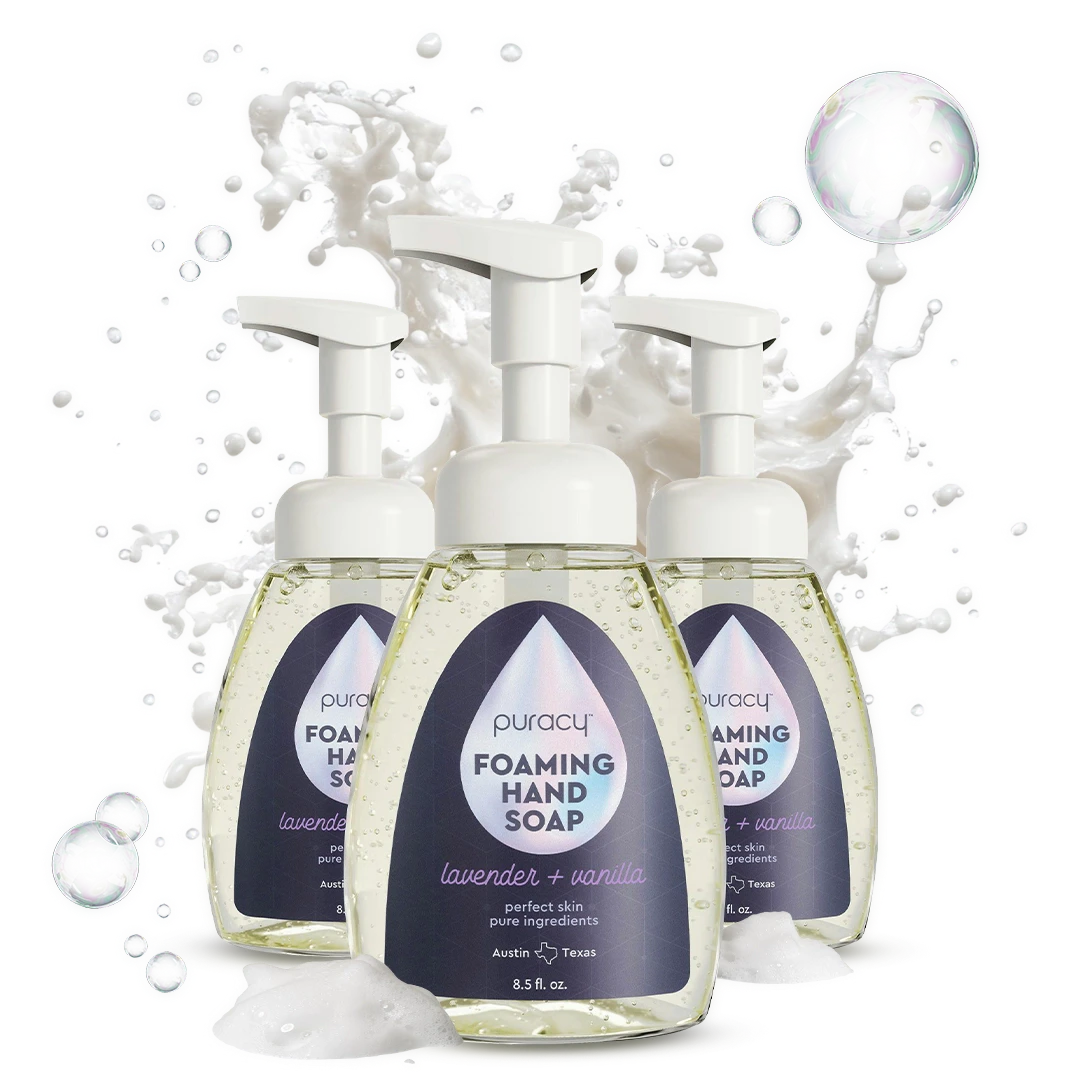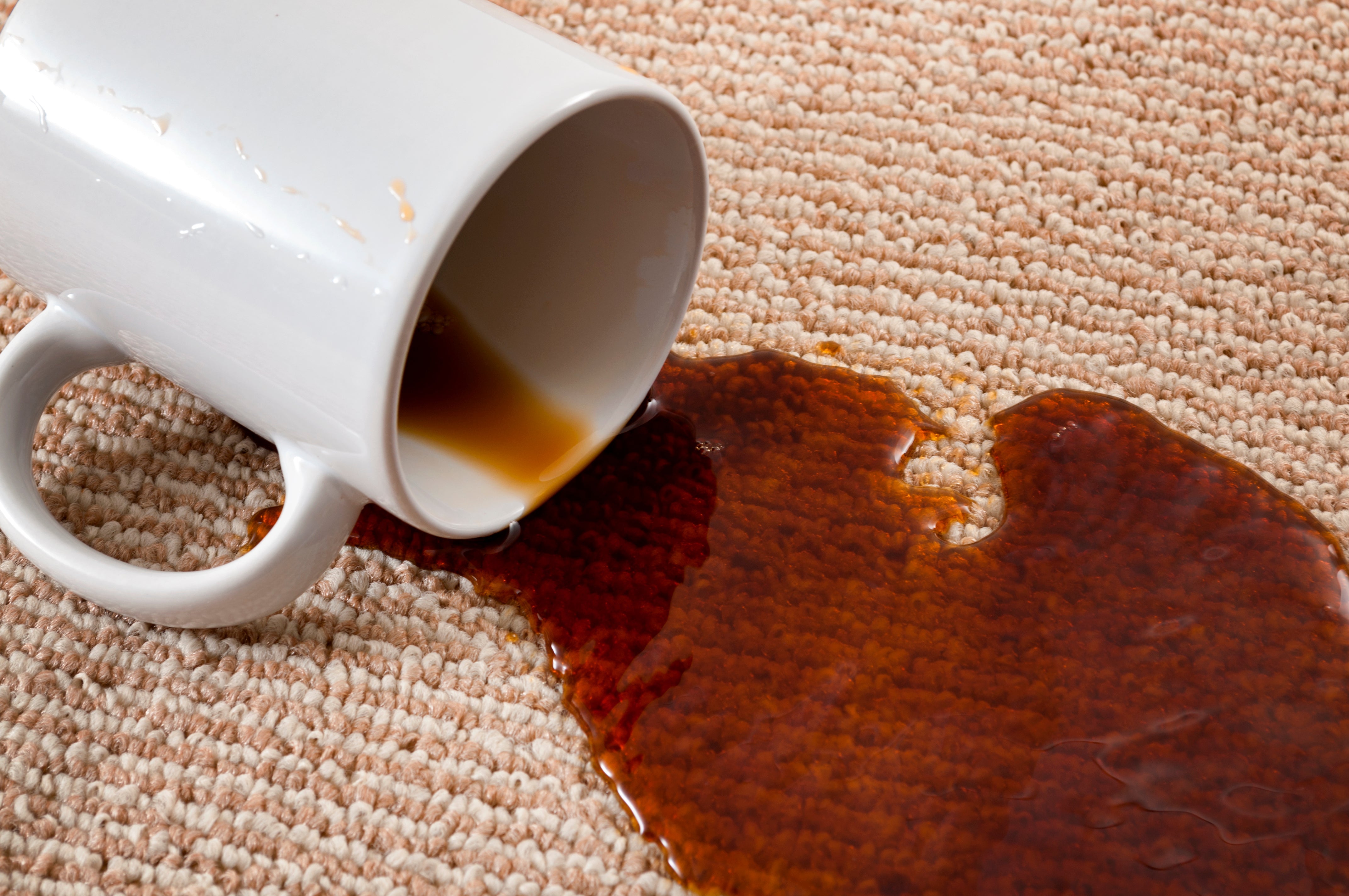
Is Dish Soap a Good Alternative to Car Wash Soap?
If your car is in need of a washing and you don’t have time for a traditional car wash, you may be wondering if you can use alternatives such as dish soap or laundry detergent. Discover if these options can be used to wash your car, as well as safe DIY solutions to use in a pinch.
What Soaps Should I Avoid Using to Wash My Car?

When it comes to a clean car, avoid these solvents that can damage your vehicle’s coats and protective wax layers.
Dish Soap
Dish soap can ruin the clear coat, paint sealant, or protective wax on your vehicle's exterior since they are formulated to cut through thick grime and grease. As an abrasive cleaner, its formula can accelerate the oxidation process, leaving your car looking dull and lacking luster.
Laundry Detergent
Formulated with degreasing chemicals, laundry detergent can also deteriorate a car's exterior coat and protective wax, as well as dull its paint job. If you find yourself with no other option and you have to use laundry detergent, be sure to heavily dilute the solution with water and choose a detergent with a natural, mild formula.
Glass Cleaner
Most glass cleaners contain ammonia in it, which can stain paint as well as strip off protective wax. Also, when used on car windows, they can often streak, which can worsen when windshield wipers are applied.
Household Cleaners with Harsh Surfactants
Harsh surfactants break down dirt and stains but can also damage surfaces, such as car wax and paint. Avoid the following cleaners:
- Ammonia
- Bleach
- Glass Cleaner
- Silica-based cleansers like Comet or Ajax
Ingredients That Destroy Protective Wax

Avoid cleaners with harsh or synthetic ingredients that can irritate skin, as well as damage your car's exteriors.
- Perchloroethylene or “PERC”
- Quaternary Ammonium Compounds
- Phosphate, surfactants, triclosan
- Ammonia
What Soap Should I Use to Wash My Car?

Dedicated car wash soaps and products typically have milder, gentler formulas that won't damage automotive paint and they are lubricated to better clean a car’s surface. Your vehicle may also benefit from a seasonal waxing to ensure its shine, as well as protect it from rain, snow, and other elements.
In short, look for car wash soap with the following elements:
- Balanced surfactants that break down grime and stains without damaging car wax or paint
- An easy rinse formula that won’t leave behind streaks or residue
- Lubricating additives that allow the soap to glide across the surface without scratching
Pro tip: Be sure to apply this soap using a soft, non-abrasive sponge or a mitt made from lamb's wool.
Quick DIY Car Wash Soap Alternatives

If you don’t have access to car wash soap, you can try these methods.
-
Shampoo
If used very sparingly, shampoo can wash your car. Opt for a gentle formula shampoo or baby shampoo for the safest results. However, as soon as you can, be sure to reapply a coat of wax on your vehicle's exterior to ensure it stays in good condition.
If you need to, hand soap can be used to wash your car. Just be sure to opt for one with a mild solution, as harsher formulas can leave a filmy residue on your vehicle, and go for extra foaming hand soap as a gentle option.
-
Vinegar
Vinegar can clean dirt and grime without damaging a car's exterior. Be sure to thoroughly rinse clean, as vinegar has the tendency to leave behind spots and streaks.
-
Baking Soda
You can make a paste from water and baking soda to target stains or spots on your vehicle. Gently wipe away and rinse, and be sure not to scrub too hard since baking soda can potentially damage plastic or chrome surfaces.
